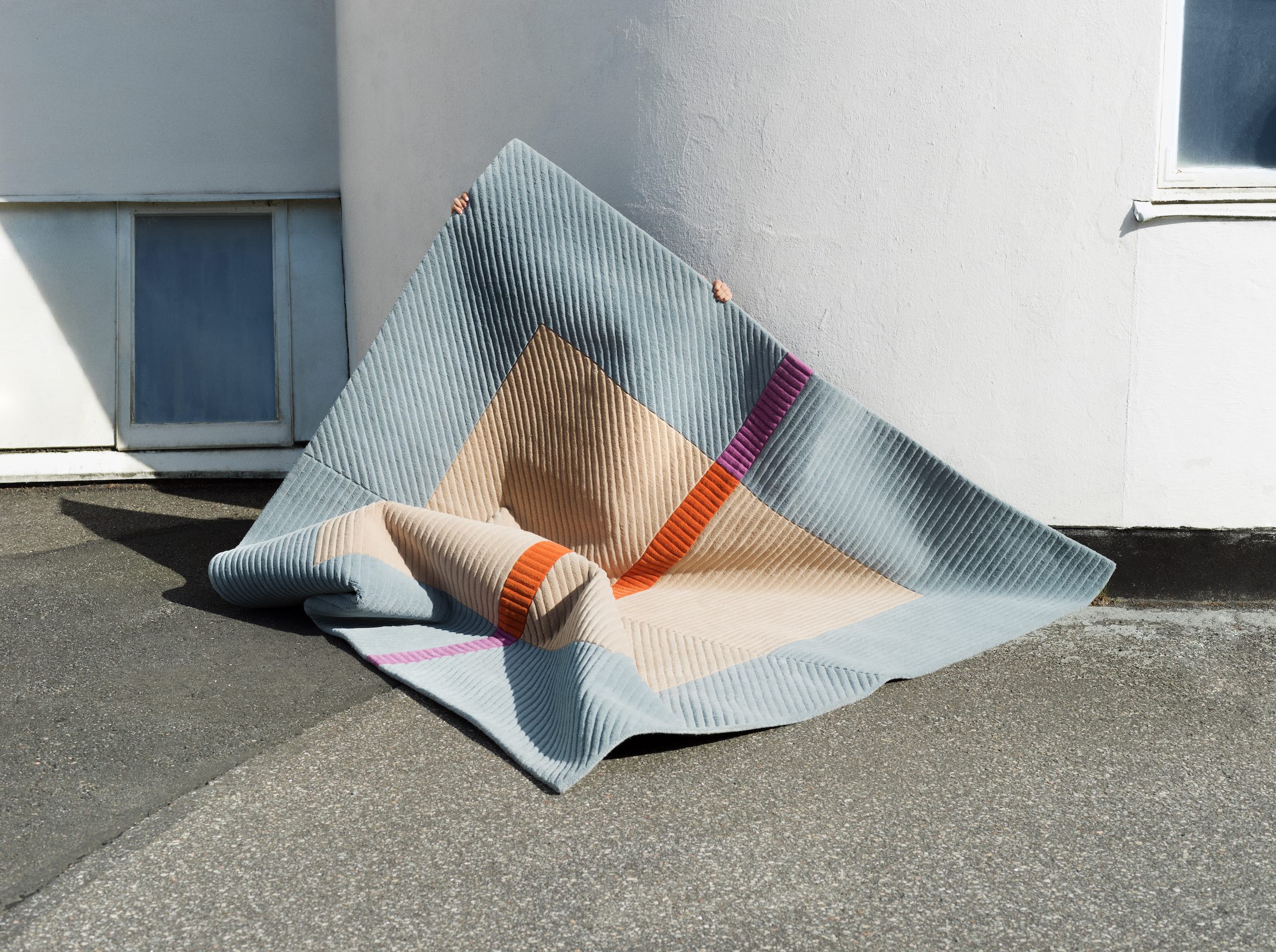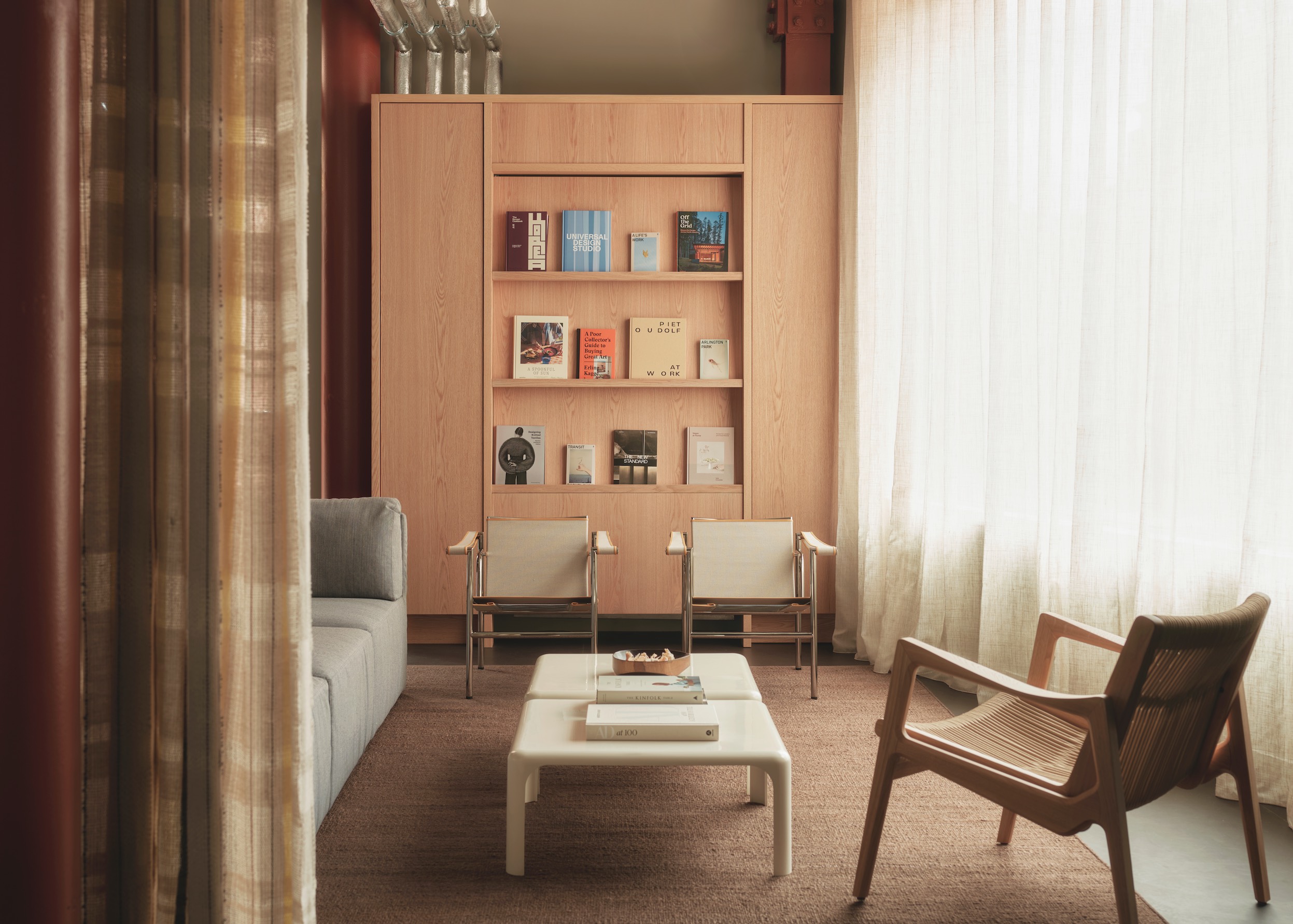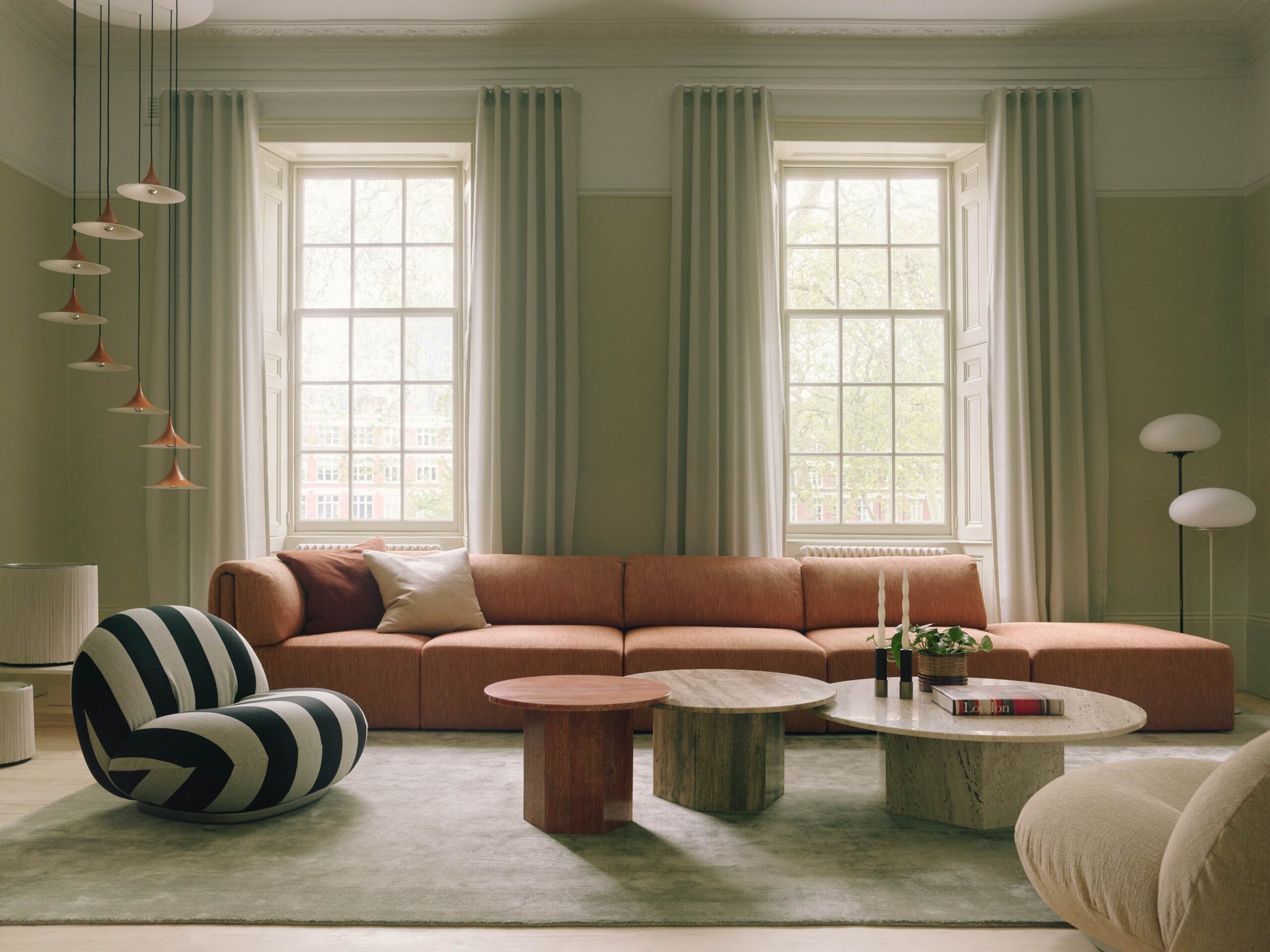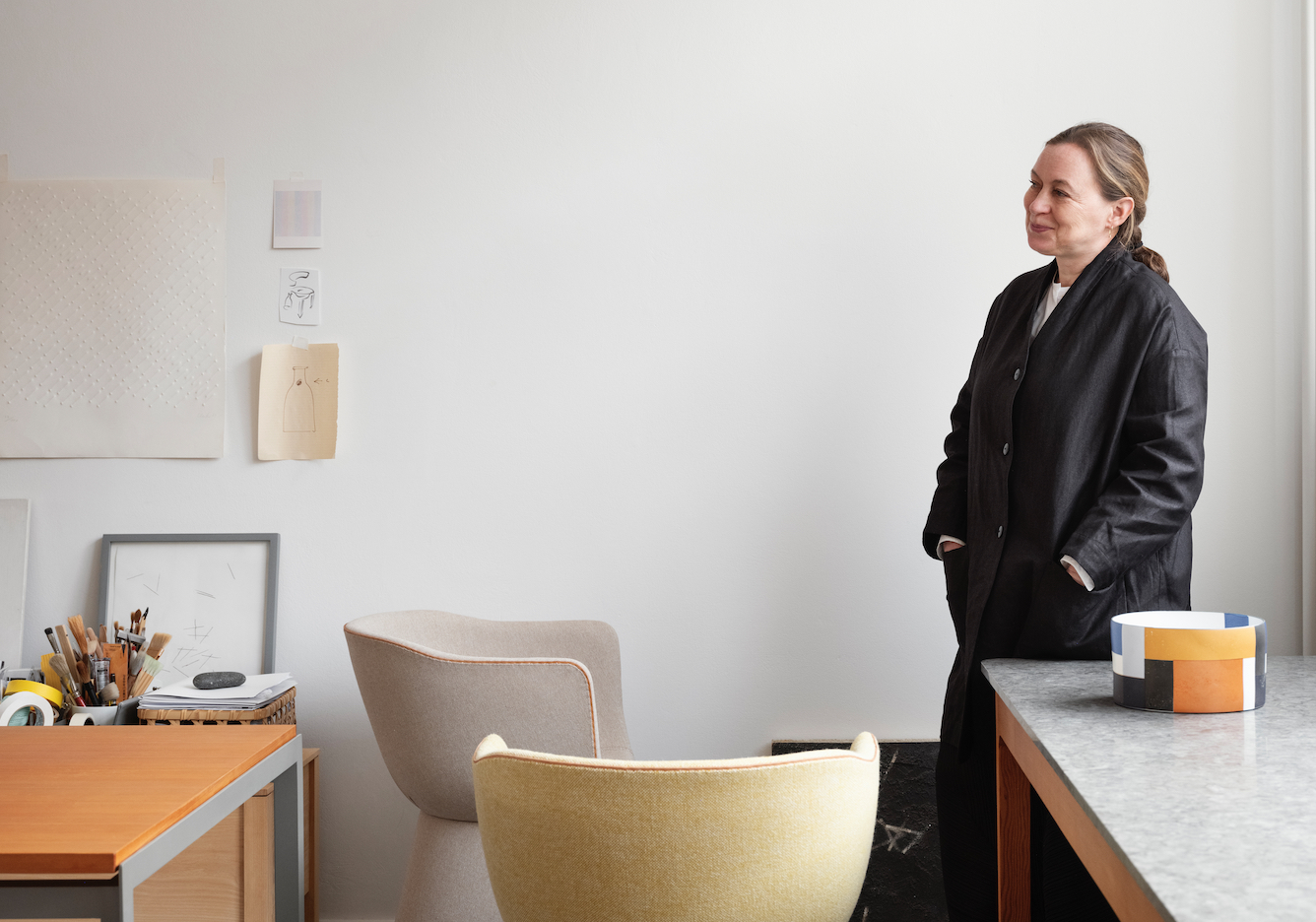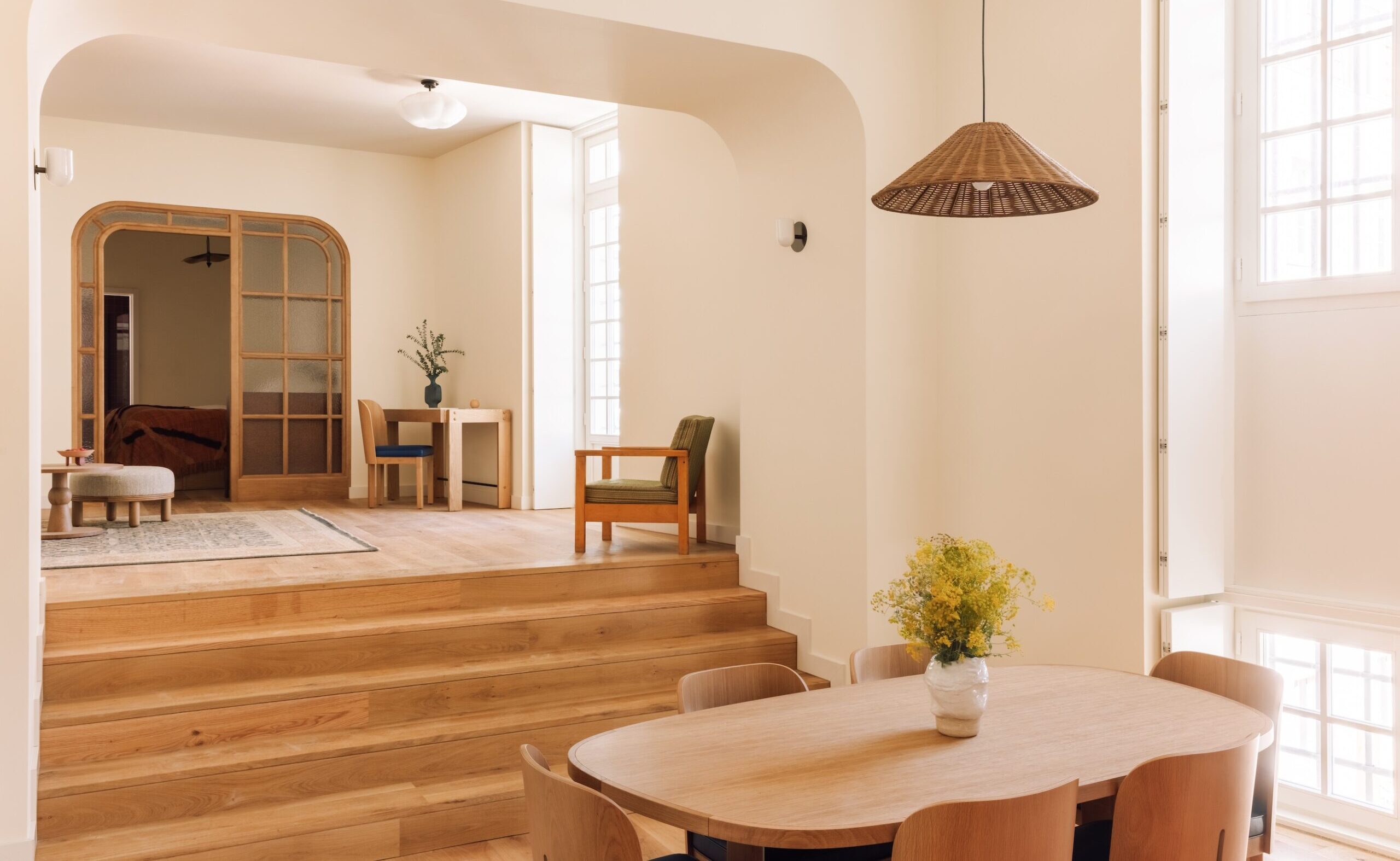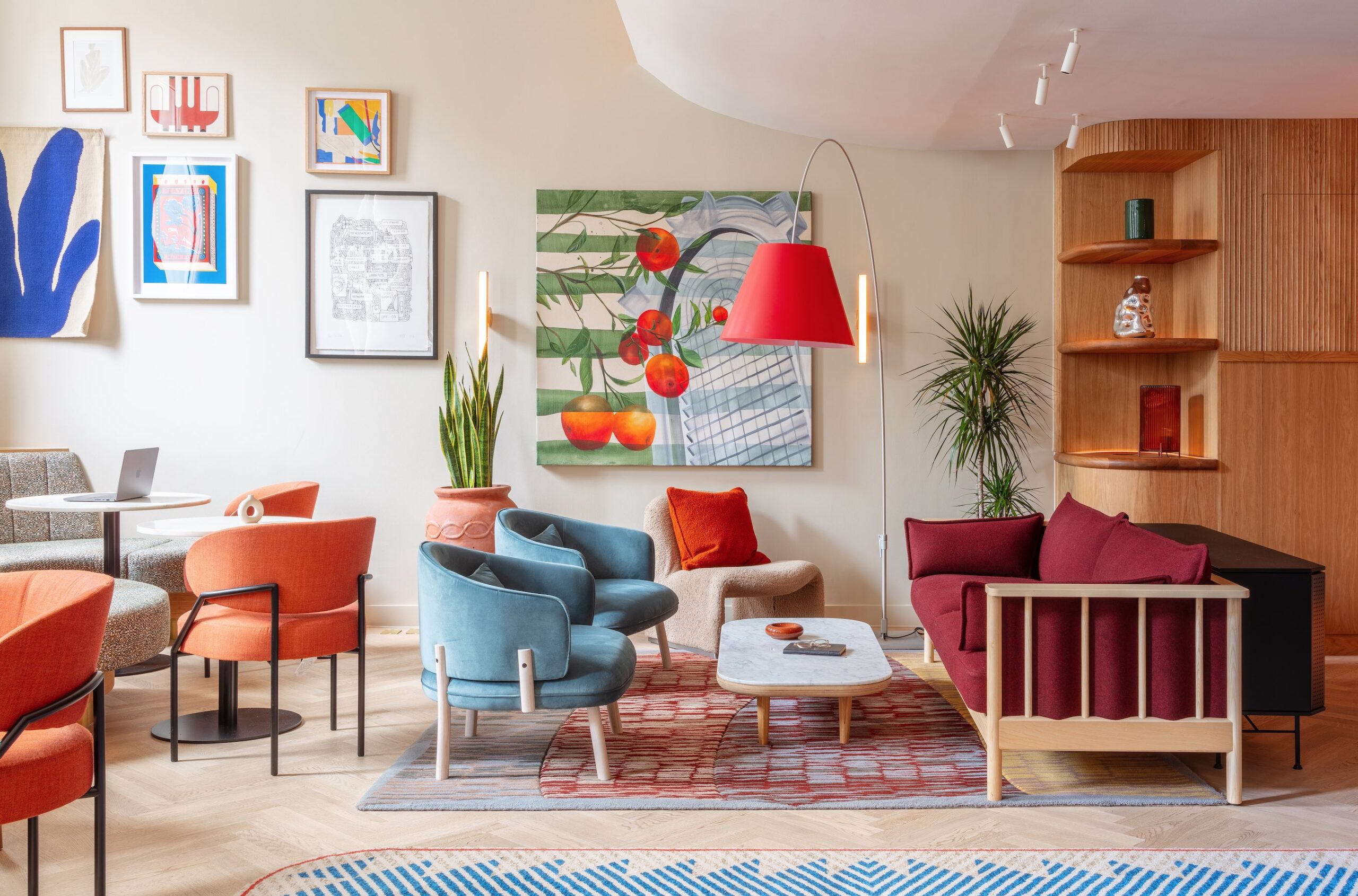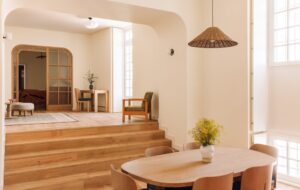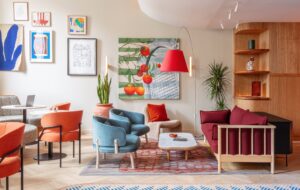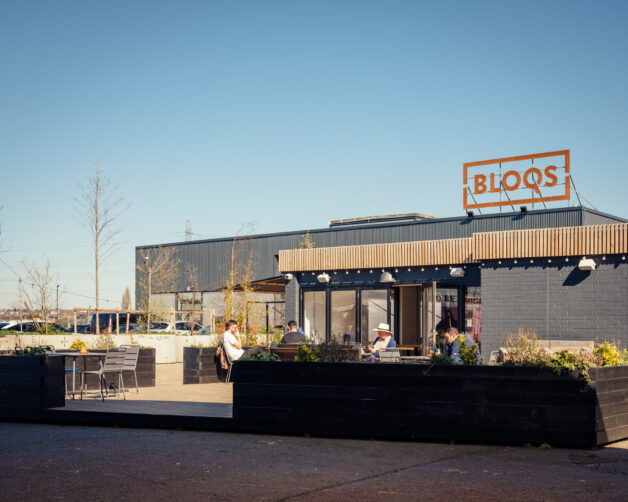
The UK’s first open-access factory is going from strength to strength after winning three RIBA awards this year and accommodating over 700 companies within its London North London site.
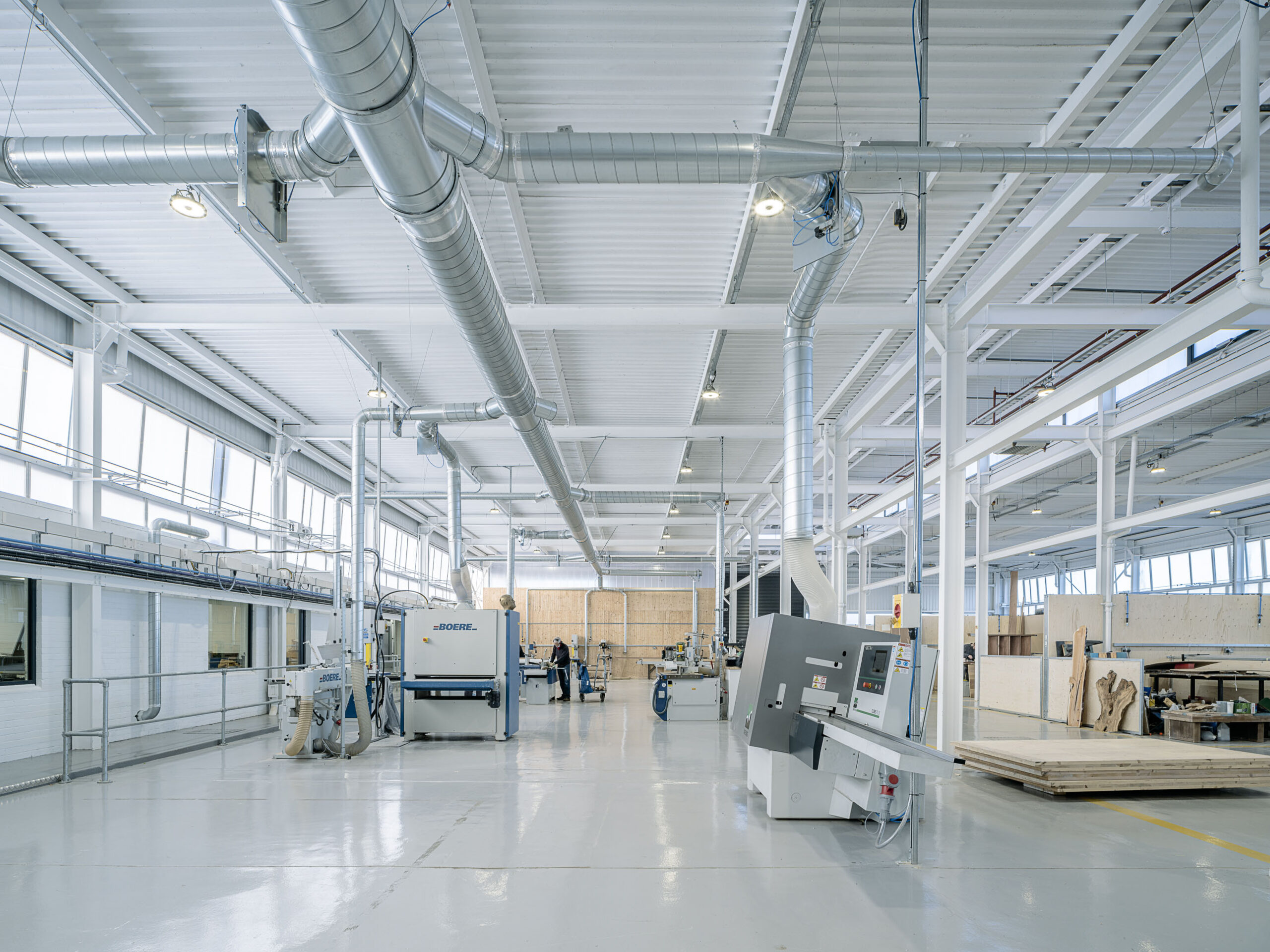
Initially established in 2012 by three co-founders Arnaud Nichols, Al Parra and Vinny Nanray, BLOQS began in a small North London live-work space called The Chilli Works, which supported seven makers, craftsmen, and artists. However, now over a decade later, the social enterprise hosts over 700 companies in a state-of-the-art factory facility which has been revolutionary in its democratised support of London’s maker community. In providing affordable access to equipment, workspace, and training, it has allowed small businesses to thrive within sectors such as woodworking, fashion, engineering, and construction.
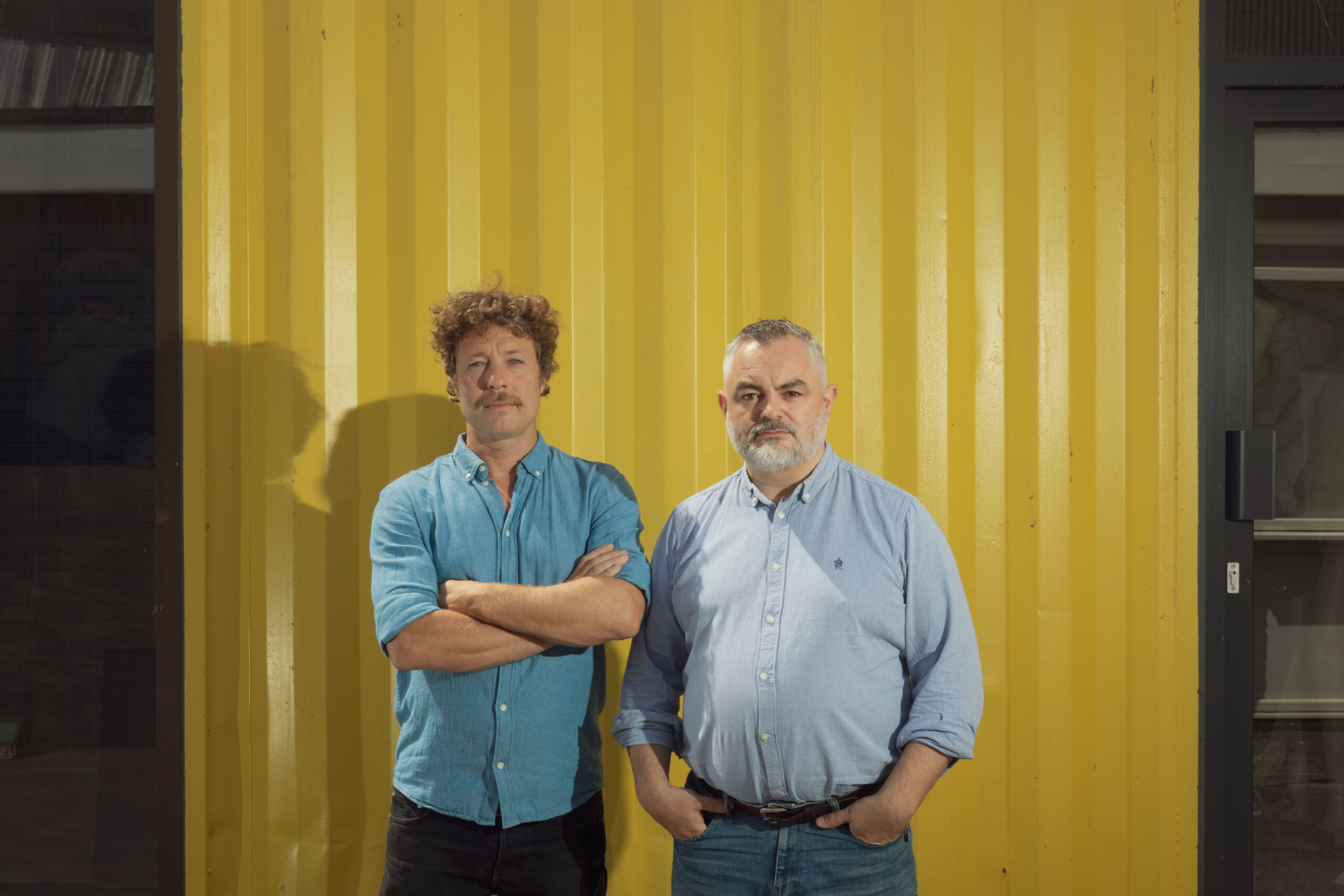
Through its pay-as-you-go infrastructure, the open-access factory is continuing to pave the way towards a sustainable and more accessible future for hundreds of businesses in the region and is presenting a blueprint that could be replicated in cities all over the world. Housing £1.3 million of light industrial equipment, the space itself was co-designed by BLOQS and 5th Studio Architects and has recently been awarded a RIBA Regional Award, a RIBA Regional Sustainability Award, and a RIBA National Award. And, with backing from the Mayor of London and a partnership with the local Enfield Council, the team are looking to continue its upward trajectory.
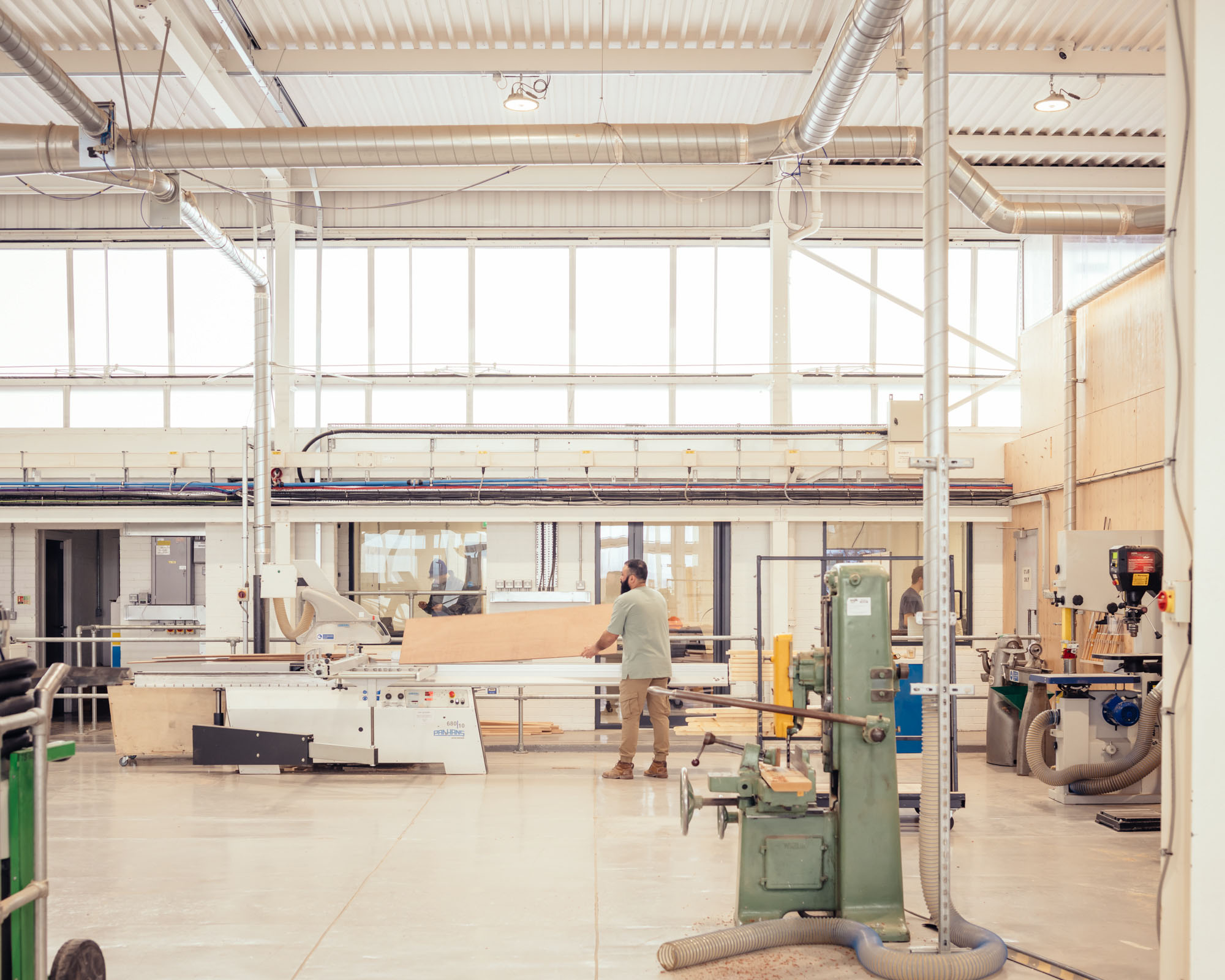
Transforming the once neglected industrial site into a bustling hub of creativity, BLOQS is generating local employment while offering space for creatives to independently realise their vision – a critical factor in allowing smaller business to scale in a tough economic climate. The location also pays a keen eye towards sustainability, especially with the factory contributing to the rising popularity of the ‘sharing economy’ – which is expected to be worth £140 billion by 2025. While also encouraging local production and the prosperity of small, independent makers, the factory has been designed with circularity at its heart. All energy from wood waste within the space is recovered through a biomass boiler to be used for heating and hot water, while solar panels provide 35% of the site’s electricity. “We take environmental stewardship seriously,” states Parra, “as we look to regenerate urban creative economies by seeding maker hubs where creatives can learn and thrive together.”
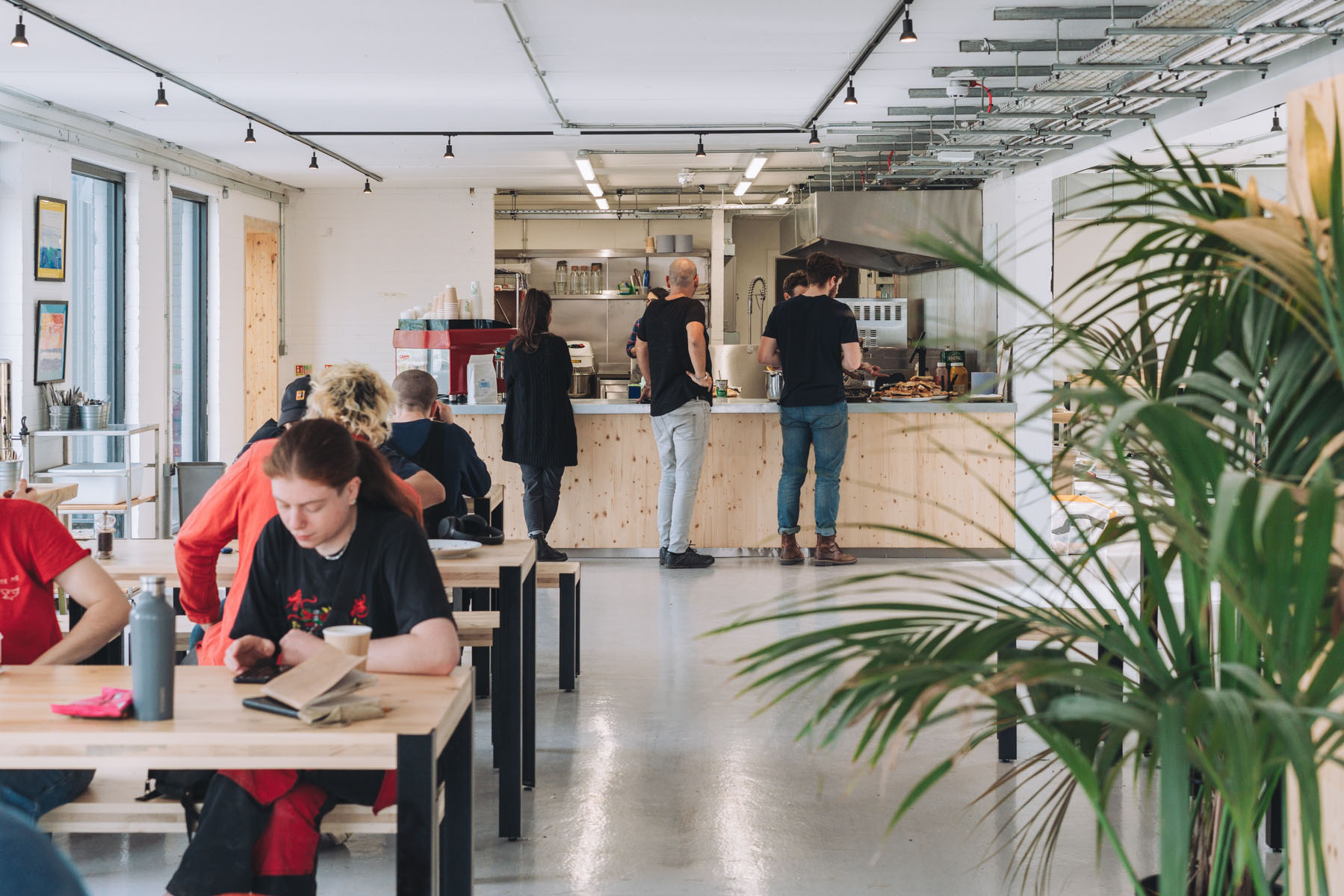
Looking at its commercial success, BLOQS has created 380 full-time jobs while generating £15 million a year in the local economy of its members. “BLOQS answers a systemic need in cities for affordable workspace,” comments Nichols. “If we vanished overnight, and a very conservative estimate of only a third of our members were forced to afford an average workshop, their combined footprint would cover roughly 200,000 square feet, with each workshop necessitating its own embodied energy expenditure for machinery, infrastructure, real estate, and a lifetime of energy use. That’s a vast expenditure hence sharing is now an ecological imperative.”
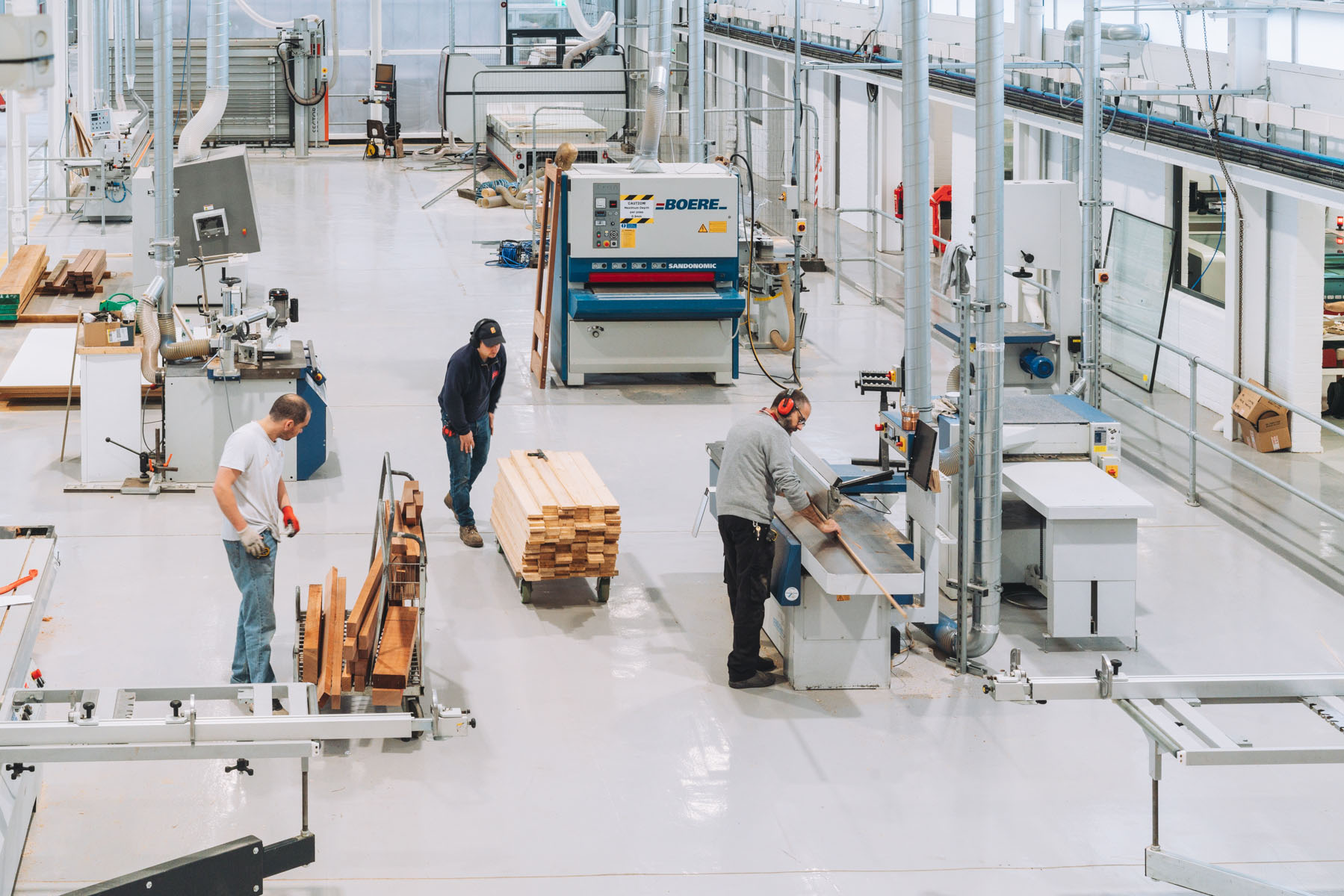
With other internal initiatives taking shape, such as BLOQS Create, a design and fabrication service which pools together the expertise of members to deliver a range of multidisciplinary projects within the public realm, the positive impact of this disruptive manufacturing nucleus is clear to see. And, as cities become dependent on the strength of local communities, this once again showcases how in coming together as one, a greener, fairer, and more equal, future can be achieved. As Nichols concludes, “We’re not really building workshops, what we’re doing is building a model for how resources can best be shared to achieve truly amazing things.”
Imagery courtesy of BLOQS.

